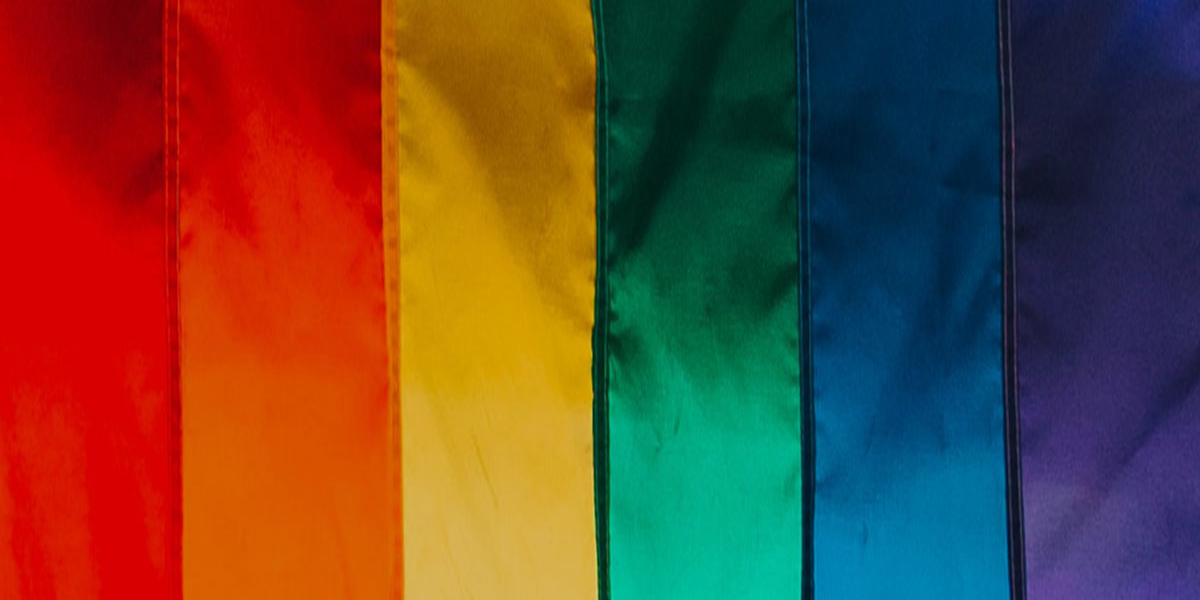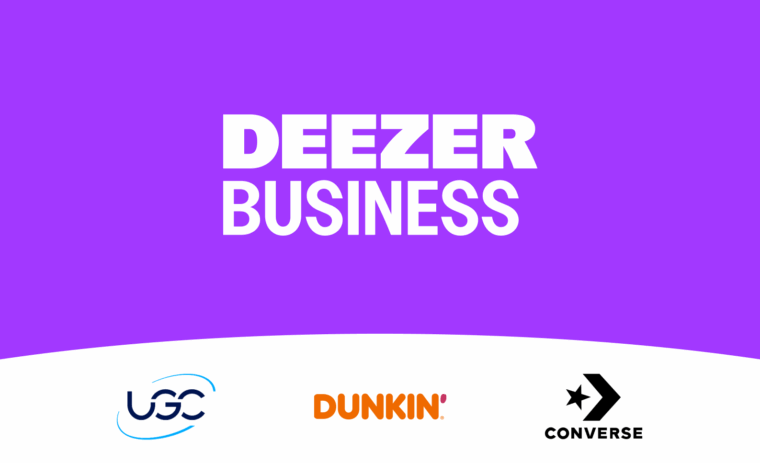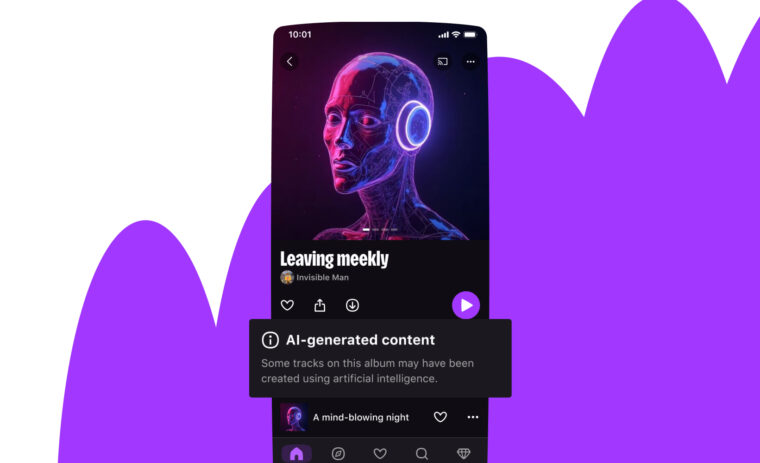From the spirited chants of ACT UP in the battle against AIDS to the defiant lyrics of queer punk bands, music has always been a formidable ally in the fight for LGBTQ+ rights. Musical activism utilizes the expressive power of songs and lyrics to challenge societal norms, foster community solidarity, and push for substantial social change. Historically, it has amplified the voices of the marginalized, transforming personal conflicts into public discourse. For example, during the AIDS epidemic, music served as a vital outlet for the LGBTQ+ community to express grief, anger, and hope. Today, artists such as Lady Gaga and Elton John are using their fame to defend the rights of LGBTQ+ people. There is an undeniable link between melody and movement.
Influence on music industry and culture
For Pride Month, we’re highlighting the influence of the LGBTQ+ community on music and how this vital part of history and the entire LGTBQ+ community have shaped the entertainment industry.
Evolving genres
Queer artists have played an essential role in the development of musical genres such as disco, house, and glam rock. These styles became spaces for self-expression and rebellion against conventional norms.
Historical impact
Black gay musicians like Little Richard and Ma Rainey pioneered the development of rock and blues. They also imbued their music with themes of personal freedom and defiance.
Community solidarity
From underground clubs to mainstream stages, LGBTQ+ musicians have fostered a sense of belonging and solidarity. Today, artists such as Frank Ocean and Janelle Monáe continue the fight to represent the LGBTQ+ community.
Iconic songs and musicians
The profound influence of iconic songs has been instrumental in elevating the visibility and acceptance of the LGBTQ+ community. Here’s how music continues to be a beacon of advocacy and resistance.
Songs of empowerment
Tracks like Born This Way by Lady Gaga and I Want to Break Free by Queen have transformed into anthems of empowerment and identity. These tracks have transcended the music scene, becoming cultural symbols of acceptance and pride worldwide.
Influential musicians
Artists such as Elton John and Tegan and Sara have utilized their platforms not just to entertain but also to advocate for LGBTQ+ rights. Their visibility and outspoken activism impact public perceptions and policy.
Choral contributions
Organizations like the San Francisco Gay Men’s Chorus have played a pivotal role in community building and activism. Their performances provide a powerful collective voice for advocacy, healing, and solidarity.
Current trends and future directions
The LGBTQ+ music landscape is alive with talented artists and bold advocates.
Contemporary pioneers
Sam Smith and Kehlani use their voices to challenge norms and promote the visibility of the LGBTQ+ community. Integrating their music on social media allows artists like Lil Nas X to amplify their messages, reach a wider audience, and foster dialogue on LGBTQ+ issues.
Challenges and resilience in the industry
Stereotyping and typecasting often limit the roles and opportunities available to LGBTQ+ artists within the mainstream music industry. Many singers are turning to independent labels or self-publishing platforms. This bypasses traditional barriers.
Global influence and commercialization
The role of music in the global LGBTQ+ rights movement is essential, albeit complex:
- Global political climate: in regions where LGBTQ+ rights are under threat, music is a subtle form of protest and a means of building community resilience.
- Marketing concerns: Queer themes in popular music are on the rise, bringing LGBTQ+ issues into the public consciousness. However, to attract a wider audience, the depth and radicalism of the messages risk being diluted.
Ways to support LGBTQ+ musical activism
Programs like RHYTHM illustrate the powerful confluence of music, education, and LGBTQ+ activism. You can contribute to these programs through donations, volunteering, or simply by spreading awareness. Your involvement helps sustain their efforts and expand their reach.
In addition to educational support, here are direct ways you can encourage LGBTQ+ musical activism:
- Share LGBTQ+ music and news on your social media platforms.
- Participate in local events, such as Pride festivals and charity concerts.
- Support LGBTQ+ artists by streaming their music, purchasing their albums, and recommending their work to friends and family.
As LGBTQ+ musicians continue to enrich and reshape the music industry. Their creative efforts serve not only as art but also as powerful catalysts for advocacy and change. Their contributions illustrate how far we’ve come toward equality and the evolution of rights for LGBTQ+ people in the United States. Let’s actively support these artists for a more inclusive society.





